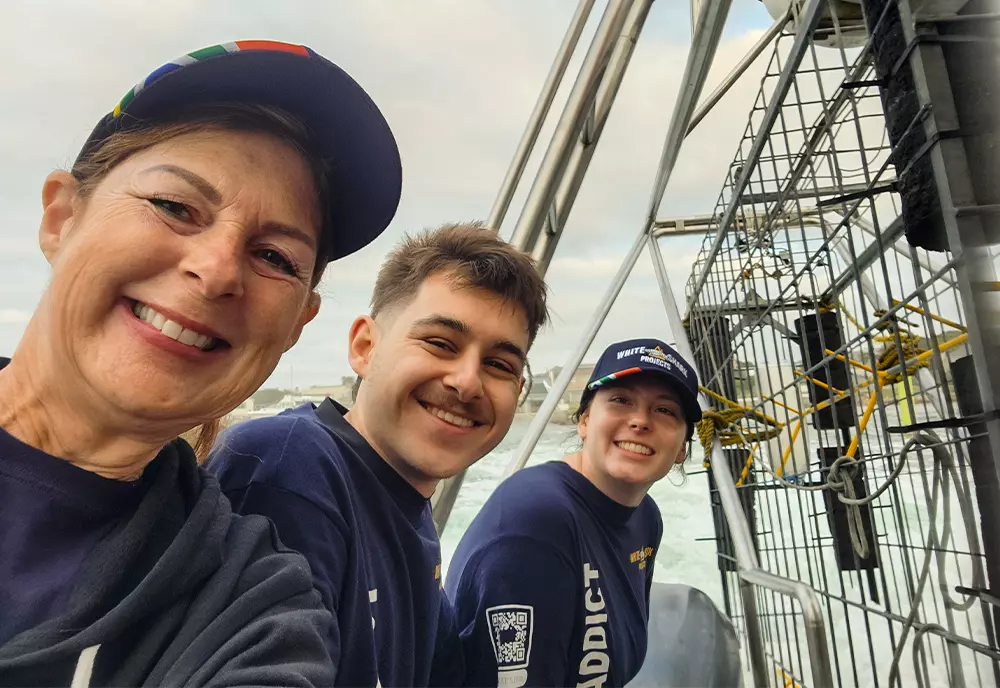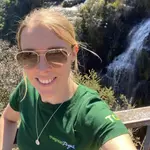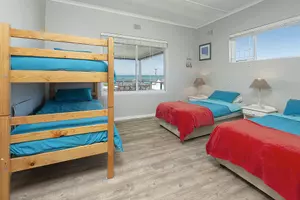

The Great Shark Project
Come face-to-face with the world’s most misunderstood predators and cage dive for conservation on this eye-opening shark project.
Speak To A Travel Expert
Activities
The activities you take part in on this project are largely dependent on the weather conditions, so be prepared for an ever-changing itinerary, combining exciting days out at sea and fun activities in the local area.
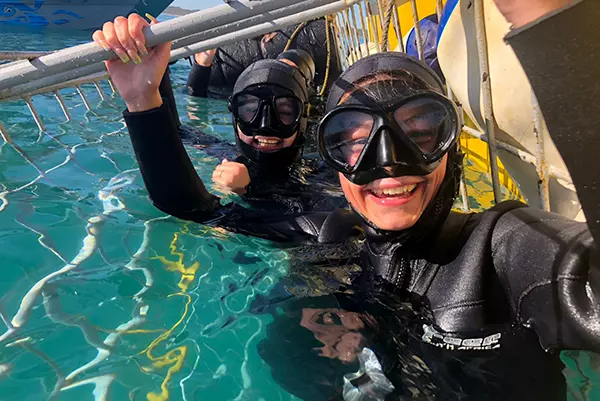


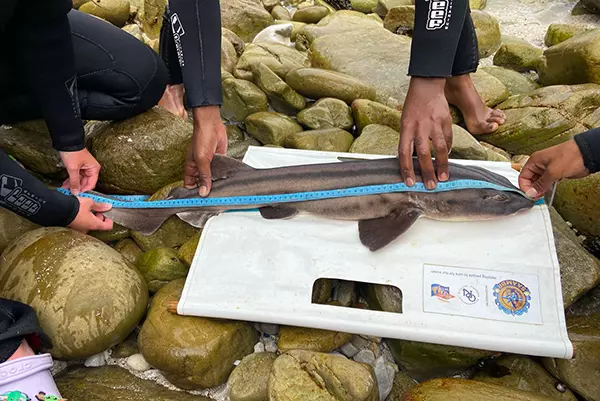

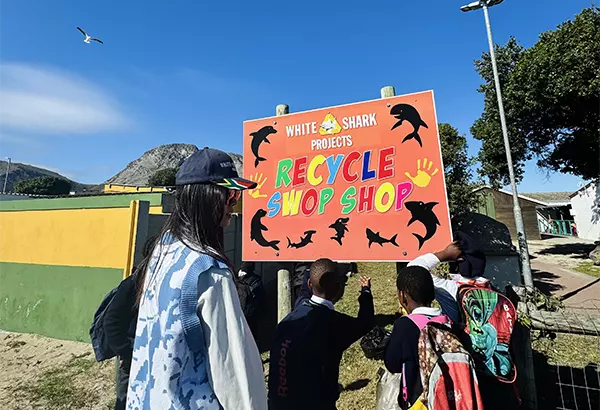
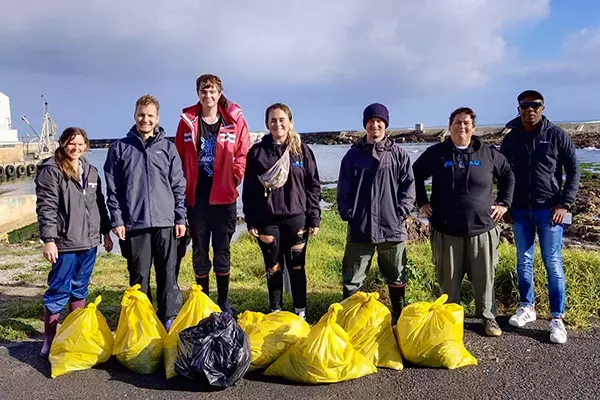
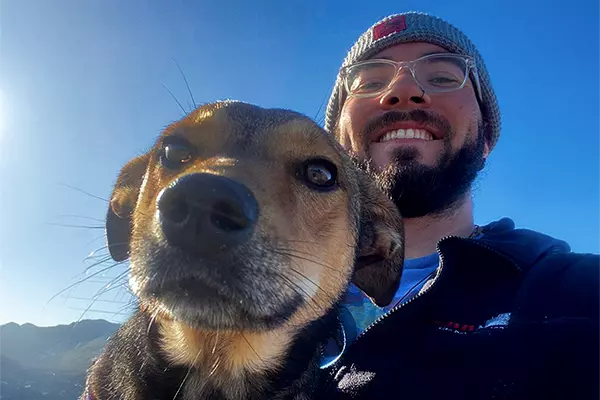

Itinerary
Your time spent on this project and the activities you will take part in are largely dependent on weather conditions. If it is too rough at sea, you will not be able to go out. Due to this, we recommend joining this project for a minimum of 3 weeks to ensure you get the most out of your time here.
Durations & Prices
Accommodation
Volunteer Accommodation
On your first night, you will be accommodated at a guesthouse in Cape Town. After, you'll stay at the volunteer house in Kleinbaai, just a short walk from the harbour. The modern house, situated in a safe and beautiful area, includes a kitchen, a spacious lounge, and an outdoor dining area with stunning sea views. There is a small supermarket nearby where volunteers often buy provisions to prepare meals together, as well as a variety of restaurants should you want to dine out.
Rooms are allocated on a 2- or 4-person, same-sex basis. If you are travelling as a couple, a private double room with an ensuite bathroom is available (subject to availability). If you would prefer your own space, there is an apartment next door that can be rented for an additional fee. Please enquire for further details.
Meals & Beverages
Breakfast is included, with cereals, bread, yoghurt, milk, tea, coffee and juices provided at the volunteer house. On the boat, you will be provided with a light snack such as sandwiches, crisps, and fruit. If you have any dietary requirements, do please let us know in advance.
Your other meals (dinner in the evening and lunches off the boat) will be at your own cost, whether you buy food in the local shops to cook in the volunteer house or visit local restaurants. Please budget for this; we recommend budgeting £50 - £100 per week, though this will largely depend on your preferences and whether you'd like to dine out.
Project Details
When Is The Best Time To Volunteer?
As Gansbaai is a hotspot for shark activity, sightings are possible throughout the year. However, conditions vary by season, with changes in visibility and occasional “no-sea” days. During these times, a variety of exciting land-based activities are available, which are outlined in detail in the project guide.
Peak season: April-October
Visibility is at its best during the peak season, averaging between 2-5 metres, as opposed to 1.5-2.5 metres at other times of the year. The feeding pattern of Gansbaai’s sharks is also most active during this season, which can make for fantastic viewing! That said, this is also the winter season, which means that stormy weather may result in fewer days out at sea.
High season: November-December
The high season sees decent visibility, and the weather can be somewhat variable. Volunteers during this season may be lucky enough to go out to sea more often than those who choose to volunteer during the peak season; however, there may be fewer sharks per viewing, though this unpredictability is part of the adventure, and that first glimpse of a shark is made all the more exciting!
Intermediate season: January-March
The weather is at its best during this season, and time spent out at sea can be glorious: clear skies, steady seas, and a low chance of rain make for an enjoyable time on the water. Shark sightings during this time are somewhat variable, but as with all wild encounters, nothing is ever guaranteed.
While this project primarily focuses on sharks, some volunteers are interested in observing other species during their time in South Africa. May to November is a brilliant time to see southern right whales as they congregate in the area to mate and calve, making for an unforgettable experience should you be lucky enough to witness them.
Shark Sightings
The Gansbaai area remains a hotspot for bronze whaler sharks, sevengill cow sharks, and an array of smaller, fascinating shark species, as well as other incredible marine wildlife. However, in recent years, sightings of great white sharks have declined following the arrival of killer whales in the region. This shift has brought new challenges and heightened the importance of the ongoing conservation work undertaken by the project.
Despite fewer great white shark encounters, volunteers continue to play a crucial role in shark conservation, working closely with marine biologists, contributing to research, and helping to safeguard the delicate balance of the marine ecosystem in Gansbaai.
Getting There
You will need to arrive at Cape Town Airport on the start date of your project, where you will be met and taken to a backpacker's guesthouse for the first night. The next morning, you will be transferred to the project location in Kleinbaai, which is approximately a two-hour drive from Cape Town. Transfers to and from Cape Town are included in the project cost; however, if you are not travelling back to Cape Town after the project, you will need to arrange and pay for your own transfer.
The return transfer is a group transfer, and volunteers are returned to Cape Town on the client bus, which usually leaves at 9am. On occasion, this transfer can be later in the day, so we recommend booking a flight that departs after 5pm on your final day. If you book a flight late in the evening, it is possible to leave your luggage at the hostel whilst exploring Cape Town for the afternoon.
Visa Requirements
Citizens of most countries, including the UK, USA, Canada, Australia and most of those within the EU, do not need to obtain a visa to enter South Africa and are granted entry for up to 90 days upon arrival. You will, however, need at least 2 blank pages in your passport for the immigration officials to use, and your passport must be valid for a period of at least 6 months from your date of entry.
If you are unsure of your individual visa requirements, we recommend speaking to your local South African embassy at least 2 months prior to travel.
Fitness & Skills
We recommend that you come with a moderate level of fitness, as volunteers are involved with all aspects of work during their time on the project, including bait preparation and cage deployment. No specific skills are required; all we ask is that you come with a strong work ethic and have a love and passion for sharks and the ocean. You will be taught the rest!
Vaccinations
There are no specific vaccinations required to join this project; therefore, we recommend consulting your GP/doctor or a travel clinic and following their advice on vaccinations for travel. You can also find helpful advice and information on the Travel Health Pro website.
Gallery
News & Stories

A Seal Shoot Turns Into a Shark Moment
UPDATE | Jan 2026
While filming a seal, our shark team unexpectedly captured a shark breaching out of the water! Breaches can happen for many reasons, from hunting and communication to parasite removal or predator avoidance, making this epic video a truly rare moment.
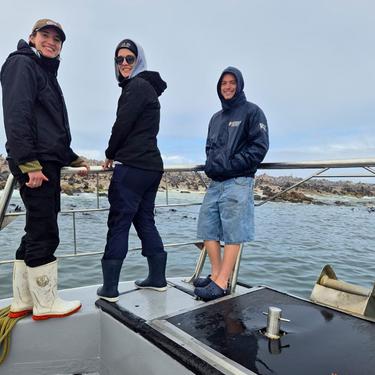
Volunteers Making Waves
UPDATE | Oct 2025
It’s been a busy time for our volunteers! They’ve recently enjoyed exciting copper shark sightings and seal visits, tagged lots of small sharks, headed out on a scenic hike, and supported the local community, including lending a hand at the Swop Shop.
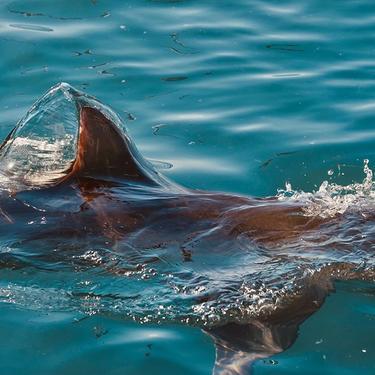
Bronze Whaler & Sevengill Shark Sightings
UPDATE | Sep 2025
The team have had some epic bronze whaler and sevengill shark sightings lately. A big thank you to volunteer Jake, who managed to capture these stunning shark photos!
Reviews
What a fantastic experience! The accommodations were very nice, and the staff/ crew were amazing!!! Also Jessica & Ray were excellent leaders, very friendly and truly cared about the wellbeing of everyone (staff, crew, volunteers and the clients that signed up for each launch). I did not see the "Great White Shark" but I saw so much more!! The educational parts were so informative, each day was filled with interesting and fulfilling things to do and the appreciation given by all was heart felt. I have now an extended family which I miss dearly already.
It was absolutely incredible experience, working with the crew made it so much fun and you get to do so much on the boat to help out. The off sea days there where so many activities we got to do! There was never a dull moment! I would definitely go back the crew where so much fun to work with and they made u feel like family from day one!
One of the best experiences ever. We learnt a lot about sharks and the team was incredible. I highly recommend this project to anyone interested in marine life and making a positive impact.
What's Included
- Accommodation (including the first night in Cape Town)
- Airport transfers
- Supplies for breakfast (eg cereals) and a light snack on boat days
- Project uniform (2 t-shirts, and a cap or beanie)
What's Not Included
- Flights
- Travel Insurance
- Lunches and dinners





























